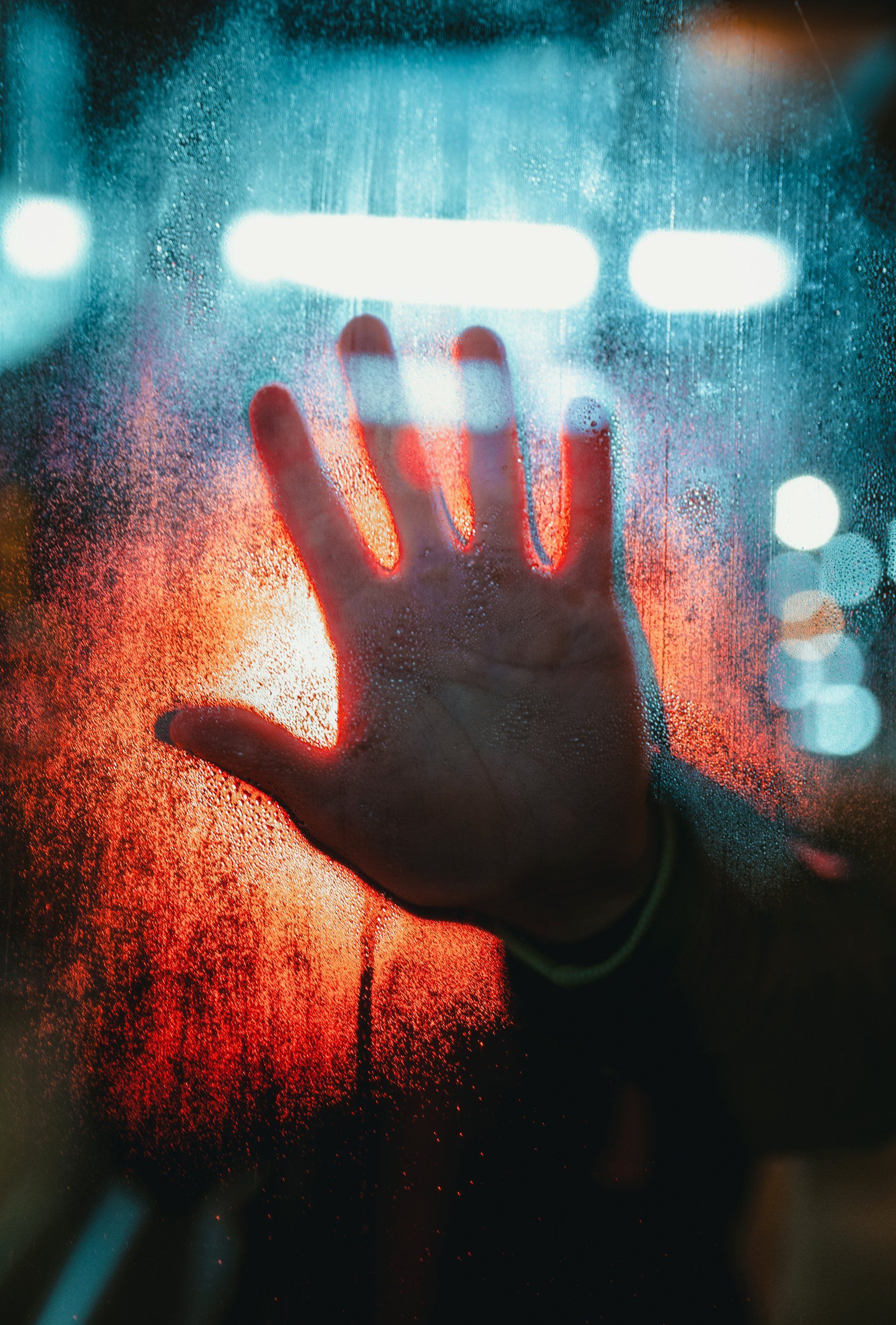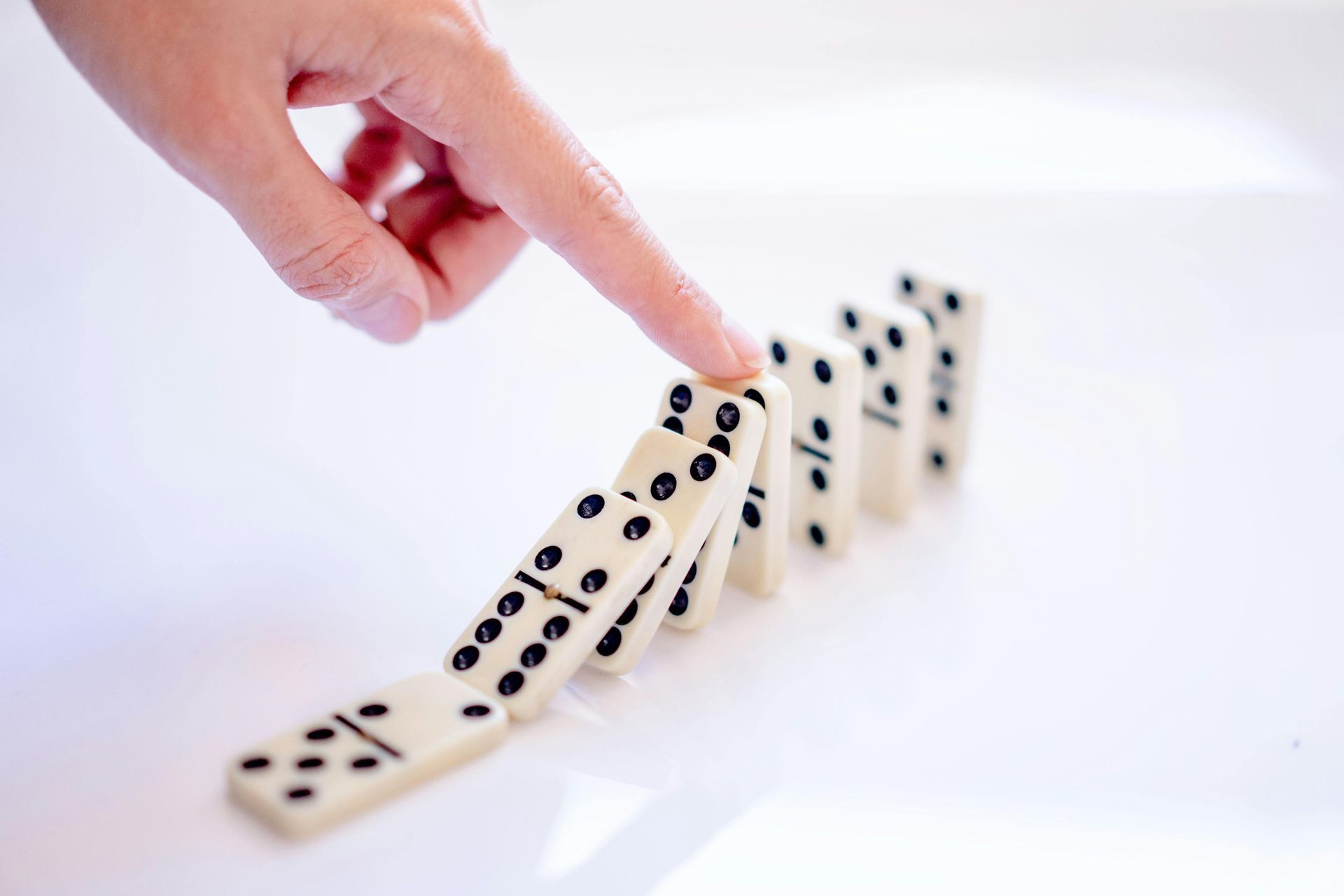Covid disinfection & BBC news coverage
Long tail, lab theory, and more…
The world's scientists are doing everything they possibly can to understand more about Covid-19, pin down its strange long term effects, and disprove some of the crazy conspiracy theories around it. At the same time Europe, including the UK, is experiencing a dismayingly dramatic surge in cases. Here's the latest news about Covid-19 and how to deal with it.
Many thanks to New Scientist magazine for these stories, which you can rely on. They come fresh from actual experts, real scientists not conspiracy theorists!
No evidence Covid came from a laboratory
One of the most popular conspiracy theories around Covid suggests a sinister plot where the virus was created in a Chinese laboratory, a theory kicked off by an extremely suspect 'scientific' paper. It is a theory no self-respecting scientist takes seriously, but it has taken hold all the same. So it's good to report that there is still no evidence the theory is true.
The conspiracy came about thanks to a faulty research paper. It was posted online without a peer review, something that no reliable piece of work goes without. The news of the 'sophisticated laboratory modifications' to the virus mentioned in the paper is nonsense. There is no robust evidence of foul play. The work is 'highly speculative'. And it 'cannot be given any credibility'.
The dodgy paper was written by a self-styled whistle blower, Li-Meng Yan, who has lied her way through various TV interviews about the subject and made a collection of very peculiar statements about the Chinese government wanting her to 'disappear'.
The university she mentions, Hong Kong Medical Centre School of Public Health, says Yan never worked on the coronavirus while she was with them. Worse still the organisations she is affiliated with at the moment – the US Rule of Law Society and Rule of Law Foundation – were both co-founded by Trump's former Chief Strategist Steve Bannon, which says it all.
No Covid in the US and Europe during December 2019
Science also says that the virus didn't actually take hold in the US and Europe during December 2019. That was probably an entirely different virus, one that also just happened to involve a cough.
Long tail Covid symptoms are causing challenges to doctors
“They used to go on 30km bike rides. Now they get breathless going up the stairs.” So says Selma Stafford, an educator and GP in Brighton.
It's clear that, as a rule, the virus affects older people more profoundly than younger people. But younger people are the ones suffering most from a range of strange 'long tail' symptoms that seem to linger for a long time. Most people with long tail Covid symptoms are younger, in their 20s and 30s, and it isn't clear whether the symptoms they're suffering might be chronic, in other words not getting better over time but rumbling on and on.
Covid is a new illness, still not well understood. The long tail version of the disease looks a lot like chronic fatigue, but it can also behave like a tropical illness in that it comes back in waves. You feel OK for a while, then it floors you again, very like malaria.
There's another strange fact coming to the surface. It looks like people who suffer from long tail symptoms had a milder version of the virus in the first place. In short, we're still learning, and there's still a great deal we don't know about the illness. One thing we know for sure – it's worth avoiding whatever your age.
Europe's second wave – The truth
Europe is already well into the predicted second wave. In some nations it's more acute than the first wave. The worst affected are the UK, Spain, Portugal, France, The Netherlands and the Czech Republic. At the same time new antibody studies reveal how the first wave affected many more people than we thought, many more than the official numbers suggest.
There is much more testing taking place this time around, and while the numbers are hard to compare it looks like in Europe we're seeing 'alarming rates of transmission across the region'. The number of positive tests is also rocketing, hinting that we're still seeing many cases left undiagnosed. And that means the numbers of infected people this time around could easily be a great deal higher than anyone realises right now.
Hospitalisation and deaths so far have remained low, even though case numbers are soaring. But on the other hand, in Spain for example, 33% of tests were positive during March. By June it was 1%. Now it's back up to 10%. And, of course, there's a significant lag between infections, hospitalisations, and deaths. This is no time to relax your guard.
Dividing society in new ways
Against this backdrop of ongoing uncertainty, experts are predicting that society might split itself up in entirely different ways thanks to the virus. We may, for example, see people who take the risk more seriously spending more time at home and away from crowds, while those with a less-developed sense of risk could take over the nation's restaurants, pubs, bars, sporting events and entertainment venues.
In the meantime, you need Covid disinfection!
This disease isn't going away any time soon. It looks like there won't be a 'back to normal', instead we're likely to see entirely new ways of living emerging as people get to grips with staying safe according to their own personal feelings about risk. We really do live in 'interesting' times, in the Chinese sense!
In the meantime the best way to disinfect against Covid remains clean, effective, safe LED UVC lighting, and our machines – as seen on the BBC at a live music venue (See below) – are great value as well as seriously effective. If you'd like to know more, contact us or read all about it in our blog.










